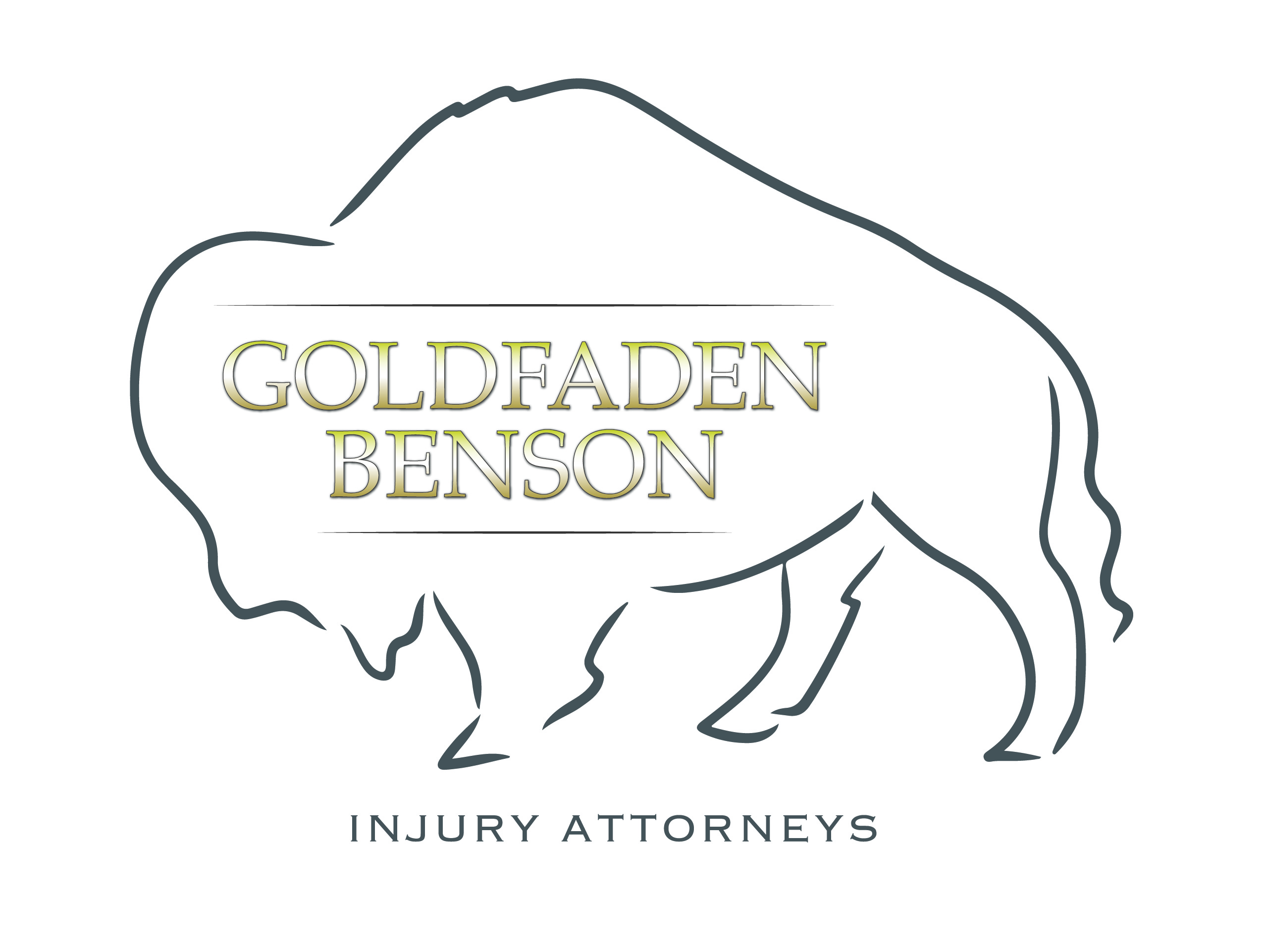The Psychological Effects of Personal Injury: Coping and Recovery
In the wake of a personal injury, it's easy to become consumed by the physical aftermath, including doctor's visits, medical bills, and pain. Yet often overlooked are the psychological effects personal injury victims endure. This article sheds light on the mental toll of personal injury, coping strategies, and recovery options.
The Invisible Wounds: Psychological Effects Personal Injury
According to The American Psychological Association, trauma typically results in emotional distress, especially when it's linked to a sudden and unexpected personal injury. Whether it's a car defect, a bike accident, or an incident of medical malpractice, the psychological effects can be substantial.
Victims may experience anxiety, depression, or post-traumatic stress disorder (PTSD), which can influence their recovery process and disrupt their daily life. Recognizing these effects is the first step towards healing.
Navigating Through Emotional Distress
Coping with the psychological effects of injury can be challenging. However, help is available.
Counseling or psychotherapy can play a crucial role in recovery by providing victims with the tools to understand and manage their emotions. Therapists can guide patients through trauma, help them gain perspective, and teach them strategies for reducing anxiety and depression.
Physical therapy and rehabilitation not only aid in physical recovery but also promote mental wellbeing. Engaging in physical activity can reduce symptoms of depression and anxiety, improve mood, and promote better sleep.
Self-care strategies like eating a balanced diet, getting regular sleep, and engaging in leisure activities can also aid in recovery from the psychological effects personal injury situations often lead to.
Legal Options: Advocacy and Compensation
While psychological therapy and self-care are essential, seeking legal advice can be equally important. You may be entitled to compensation for not only your physical injuries but also for emotional distress and mental trauma.
Your rights as an injury victim aren't limited to battles fought in the operating room or therapy sessions. Civil litigation can secure a level of justice and provide financial restitution for your psychological and emotional distress.
At Goldfaden Benson, we have a track record of successfully representing clients who've experienced mental trauma due to personal injury. Our experienced attorneys understand the nuances of these cases, from workplace harassment to defective medical device claims.
The Road to Recovery: Healing is Possible
Allow the dedicated professionals at Goldfaden Benson to help navigate your legal journey during this critical recovery period. If you've suffered a personal injury and are experiencing psychological distress, remember: Help is available, and recovery is within reach.
There is no need to endure physical or psychological pain in silence. Contact us and let us help you understand your options.
FAQs
Q: How common are psychological effects after personal injury?
A: They're more common than you might think. Many victims experience some form of emotional distress or mental health issue following a traumatic event.
Q: Can I get compensation for my psychological distress after an injury?
A: Yes. Many legal systems recognize the legitimacy of psychological injuries, and you may be entitled to compensation.
Q: Can a lawyer help with my recovery process?
A: A lawyer can provide important legal advice and help you seek compensation. This can contribute to your overall recovery by lessening financial burdens and providing a sense of justice.
Q: Should I seek professional help for my emotional distress after an injury?
A: Absolutely. Just as you wouldn't ignore a physical injury, you shouldn't neglect your mental health. Mental health professionals can provide therapies and strategies to help you cope.
Q: Where can I get support for my psychological distress?
A: In addition to seeking a mental health professional, reaching out to support groups and trusted friends and family can also be beneficial. Legal professionals, like those at Goldfaden Benson, can provide advice regarding compensation.







